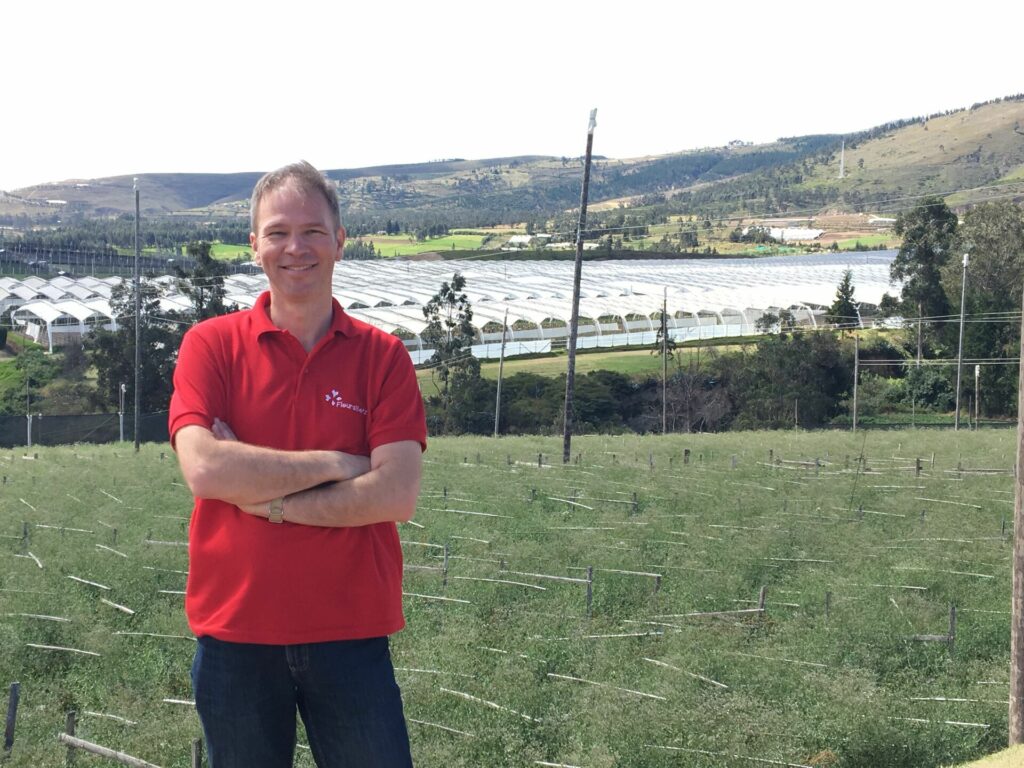Flower growers in Ecuador and importers in Australia are living in uncertain times. Who will still be able to import cut flowers after 1 January? Is Ecuador perhaps going to be blacklisted altogether? It’s all in the hands of the Australian Ministry of Agriculture.
A brief summary of the current situation. Australia has recently tightened its phytosanitary requirements for flower imports. From 1 September, every importer must have an import permit, which is valid for 4 months. It runs out on 31 December. Only importers who can demonstrate they’ve actively contributed to reducing the number of living insects from South America and Africa, are eligible for a new import permit. A permit is needed for each individual country.

Then the shipments. Each and every one of it is checked twice. Both here, before departure, and in Australia, after arrival. There’s a separate inspection for each grower. In the event that the inspector in Ecuador finds any living organisms, the boxes are immediately refused and returned to the sender. But if a living creature is found in Australia, the entire shipment must to be treated with gas. With methyl bromide, to be precise.
We’ve heard quite a bit about the latter during the past couple of months, of course. How can you guarantee that a shipment is completely free of pests and insects? According to figures from the Australian Ministry, 30-35% of all South American shipments inspected up until August, were contaminated with insects. A percentage that needs to go down. With their current rate of 20%, Colombia is doing very well, while the percentage for Ecuador has increased! And that’s almost always due to thrips. Try and keep those away from an outdoor crop like gypsophila, or from greenhouses that are ventilated on a daily basis.
Many people seem to think that Colombia’s success is thanks to pre-treatment with phosphine. This gas, which kills thrips, is applied in closed containers before the flowers leave the nursery.
But like with many other things, we tend to hold off in Ecuador, and as a result, nobody does anything until the very last minute. There’s been talk about the application of phosphine for a while, but so far, there’s been very little action. Let’s hope it isn’t too late for Ecuador. We don’t need another setback at the end of what’s already been such a dramatic year.
Victor van Dijk,
Area manager South America, FleuraMetz








